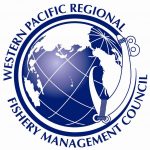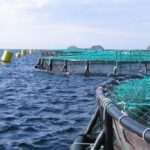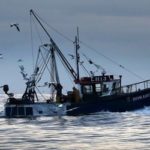Tag Archives: Bill C-68
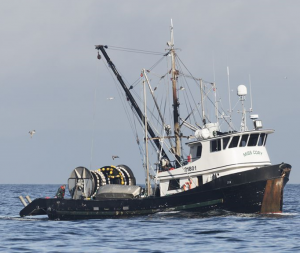
Opinion: Federal fisheries committee challenges B.C. licensing policies
With a sole focus on protecting fish stocks, since the mid-1990s Fisheries and Oceans Canada has largely ignored the economic well-being of B.C.’s commercial fish harvesters and coastal communities. Something really extraordinary just happened. Someone in the government of Canada started paying attention to the B.C. fishery. Not just to the fish in the water, but to the 2,400 small- and medium-sized businesses that employ more than 5,000 fish harvesters to deliver high-value seafood products to local and global markets and sustain B.C.’s coastal communities and First Nations. >click to read< 21:52
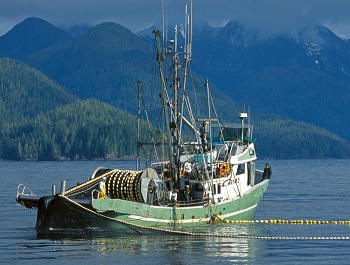
Canada Has a New Fisheries Act. How Does It Stack Up?
Canada has the longest coastline in the world, yet it has long been a lax outlier in fisheries management. But with an overhaul of the federal Fisheries Act now complete, the sense among advocates and fisheries experts is that the tide is about to turn. The passage of Bill C-68 on June 21 means that for the first time since the Fisheries Act was enacted in 1868, Fisheries and Oceans Canada is required to manage fish stocks sustainably and put rebuilding plans in place for those that are depleted. >click to read< 18:36

A stronger, modernized Fisheries Act becomes law
This afternoon, Bill C-68 received Royal Assent by the Governor General and has officially become law. This is a victory for the environment, independent fishers, and all Canadians because today, the important amendments to this Act, put forward by our government are being enshrined in law. Informed by extensive consultations with the public, industry, environmental groups and Indigenous peoples, this modernized Fisheries Act reflects the views of Canadians and will ensure our fisheries continue to grow Canada’s economy and support the livelihood of coastal communities.
A modernized Fisheries Act will benefit all Canadians by: >click to read<18:46
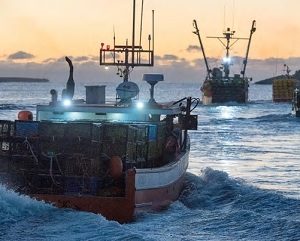
Bill C-68 will protect smaller inshore fishery operators from corporate takeover, group says
Trudeau government legislation that enshrines the independence of Atlantic Canada’s inshore fishing fleets and enhances protections for fish stocks and fish habitat has cleared the Senate. The news is a relief to Martin Mallet. “This is great news. We’ve been waiting for this for a long while,” said Mallet, executive director of the Maritime Fishermen’s Union.,,, Minister expects new Fisheries Act to pass. In North Vancouver, federal Fisheries Minister Jonathan Wilkinson also welcomed the Senate vote. >click to read<12:06
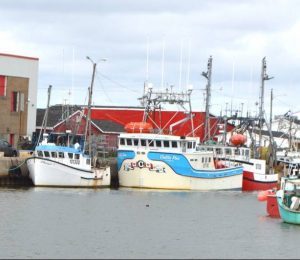
Opinion – Modernizing the Fisheries Act long overdue
Here we are in 2019 waiting for the passing of Bill C-68, a bill to amend the Fisheries Act. Wow! The oldest piece of legislation since confederation is being modernized, thus advancing social economics, Indigenous rights and protecting the environment where fish live and reside. This is a tremendous piece of work and although some (in the mining and farming industries) do not support the bill, it needs to proceed. >click to read<11:33

Fisheries and Oceans standing committee question why owner-operator system can’t work in B.C.
Young West Coast fishers made the trek to Ottawa, two in gumboots, to testify and advocate for change in British Columbia’s fisheries management system, causing an immediate ripple effect. Federal policymakers who are amending the Fisheries Act, or Bill C-68, have submitted a motion to study owner-operator fleets after listening to the independent fishers who want the policy enforced on the West Coast. In B.C., fishers lease quotas from owners who have purchased the fishing rights. Multinational companies, or foreign investors, can own quota and licenses on the West Coast, but not on the East Coast of Canada. >click to read<18:31
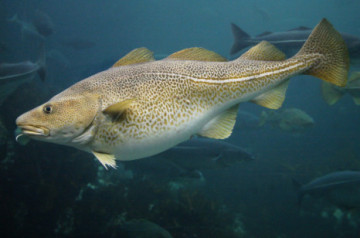
Fisheries Act must include legal duty to rebuild stocks: Oceana Canada
For the first time since the Fisheries Act was created in 1868, there are provisions within it that focus on the rebuilding of fish stocks. But as they’re currently worded, they fall short of what international experience has shown is required to actually help a stock rebuild. Simply, they must mandate that the federal government respond, not just consider responding. That was the word from Josh Laughren, executive director of Oceana Canada, at the House fisheries committee earlier today. He said the language contained in Bill C-68 will also have to go further if it’s going to fulfil Canada’s international agreements and ensure this country’s laws are commensurate with other nations. >click to read<16:06

OPINION: Fisheries Act changes bring Canada into the 21st century
Despite warnings in your Feb. 1 editorial that changes to the Fisheries Act were “pure madness,” the opposite in fact is true. For the most part, the upgrades are common sense, enable existing policy frameworks and bring Canada into the era of modern fisheries management. Bill C-68 tabled last week is the culmination of not just the past 18 months of consultation, but more than two decades of pressure to modernize the Fisheries Act. It is 150 years old this year – only the British North America Act is more ancient – and it’s high time that Canada updated the contents. >click to read< 09:58


































